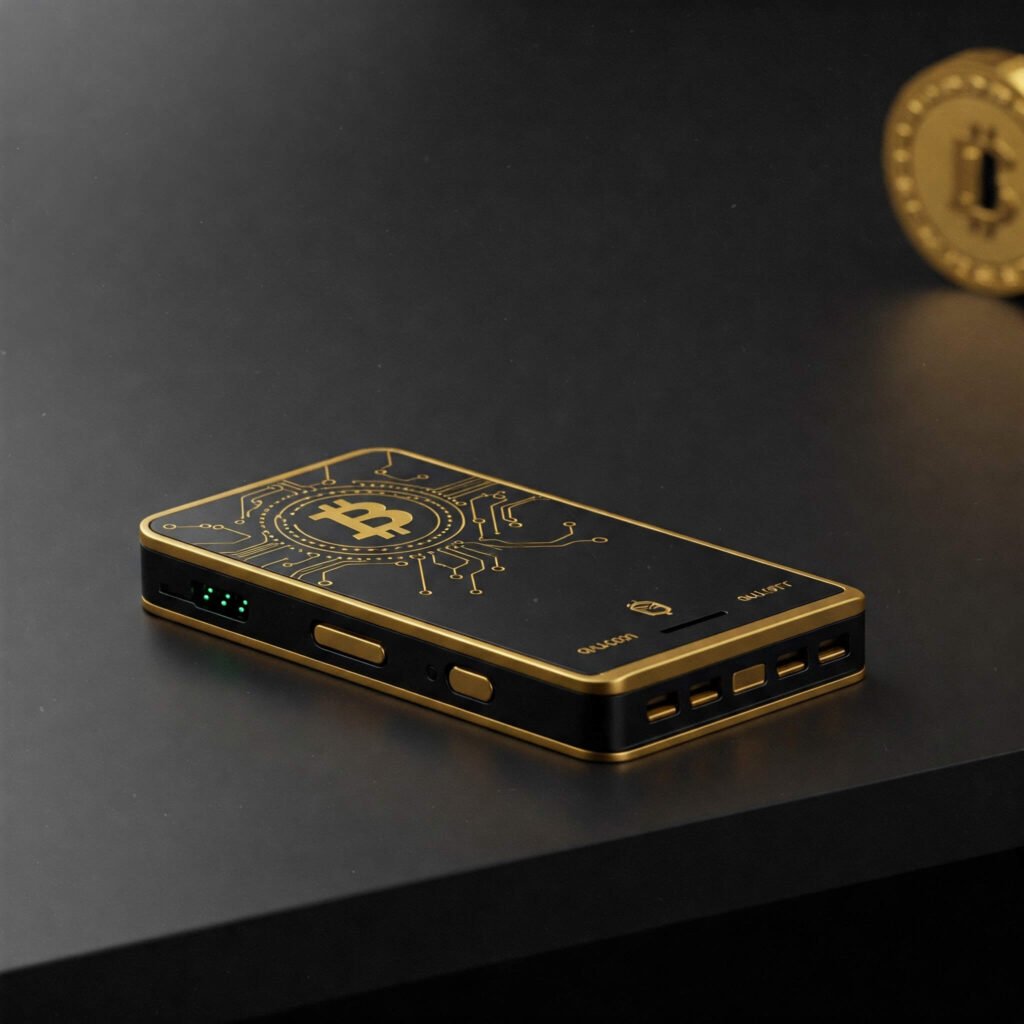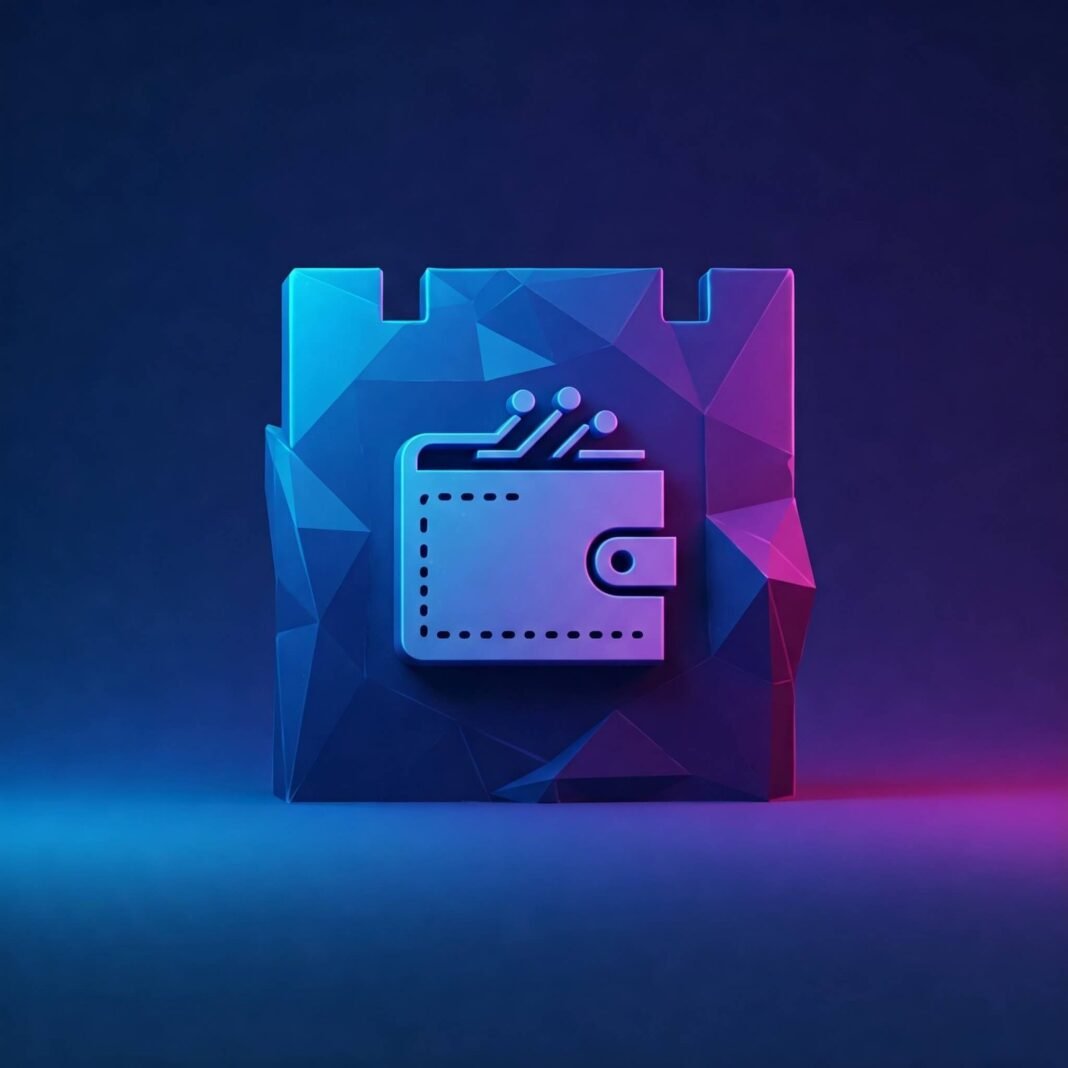At a dive bar in Fishtown, dodging sticky tables and scrolling X, when I see a horror story about a guy losing his crypto ‘cause his private key got swiped – private key management could’ve saved him. Hackers are out here like digital vultures, with CoinDesk saying $3.7 billion in crypto was stolen last year alone.<grok:render type=”render_inline_citation”>1</grok:render> I used to keep my seed phrase in a Google Doc, thinking I was clever, until I read on Forbes that’s basically begging to get hacked.<grok:render type=”render_inline_citation”>2</grok:render> I switched to a hardware wallet after that, but I once forgot where I hid it and tore my apartment apart – total clown move. Private key management feels like a lifeline, but I’m torn – I want my coins safe but hate the extra hassle. Like, seriously, why’s this so intense in Private Key Management?

Why Seed Phrases Are Key in Private Key Management
Diving into private key management, your seed phrase is like the holy grail of your crypto stash. I got a Ledger after my napkin fiasco, and I’m paranoid about keeping my seed phrase safe, though I’m still tempted to jot it down somewhere dumb. Investopedia says seed phrases are your wallet’s master key, and losing them means losing everything.<grok:render type=”render_inline_citation”>3</grok:render> I bragged to my buddy about my “secure setup,” then realized I’d left my backup codes in a drawer my cat uses as a bed – classic me. Safeguarding crypto investments with proper seed phrase storage is clutch, but I’m learning while sweating through my hoodie, wondering if I’ve locked it down enough. It’s this mix of “hell yeah, safety!” and “ugh, I’m a mess!” that keeps me up. Crypto Exchange Announcements You Need to Know About
My Epic Fails in Private Key Management
Man, private key management exposes my worst screw-ups. I once thought emailing myself my private key was genius, then freaked out when I saw a phishing email mimicking my exchange – I nearly clicked it, heart racing, thinking my coins were gone. Reports say 60% of crypto thefts come from poor key management, and I’m the poster child for that stat.<grok:render type=”render_inline_citation”>4</grok:render> My contradictory vibe? I want easy access but bulletproof security. Tip from my mess: never store keys online, and don’t be me, leaving sensitive info in a Gmail draft while chugging coffee at 3 a.m.
Outbound Link: Learn more about secure wallet options at Ledger’s official site.

Why Hardware Wallets Rule in Private Key Management
Zooming in on, hardware wallets are a total game-changer. I’ve been clutching my Ledger like it’s my lifeline, checking it from my basement with Philly’s humid air making my notes stick together. CNET says hardware wallets keep your keys offline, slashing hack risks by 90%.<grok:render type=”render_inline_citation”>5</grok:render> I skipped buying one for months, thinking it was overkill, then spent a week panicking after a hot wallet glitch. My advice? Get a hardware wallet like Trezor and keep it somewhere safe – not under your couch like I did once.
Looking Ahead: Private Key Management in 2025
Peering into the future, private key management has me cautiously stoked, scribbling notes while the El train rumbles outside my window. New tech like multi-signature wallets is popping up, and I’m hyped since I’m paranoid about single-point failures.<grok:render type=”render_inline_citation”>6</grok:render> I’m dreaming of a hack-proof crypto stash, but scared I’ll botch it with another dumb move. Private key management is evolving, and I’m ready to level up, even if my bank account’s crying.
Outbound Link: Read about common phishing scams at Cointelegraph.

Tips for Mastering Private Key Management
Here’s my shaky playbook for safeguarding crypto investments:
- Use a hardware wallet: Trezor or Ledger – saved my butt.
- Hide your seed phrase: Lock it in a fireproof safe, not a napkin like me.
- Avoid online storage: No Google Docs or emails, trust me.
- Stay scam-savvy: Check CoinDesk for phishing alerts.
Anyway, that’s my raw take – messy, human, and full of my screw-ups. I’m just trying to keep my coins safe while dreaming of crypto riches. Got key management tips or horror stories? Hit up Forbes for more or drop a comment – let’s swap tales over virtual cheesesteaks.



